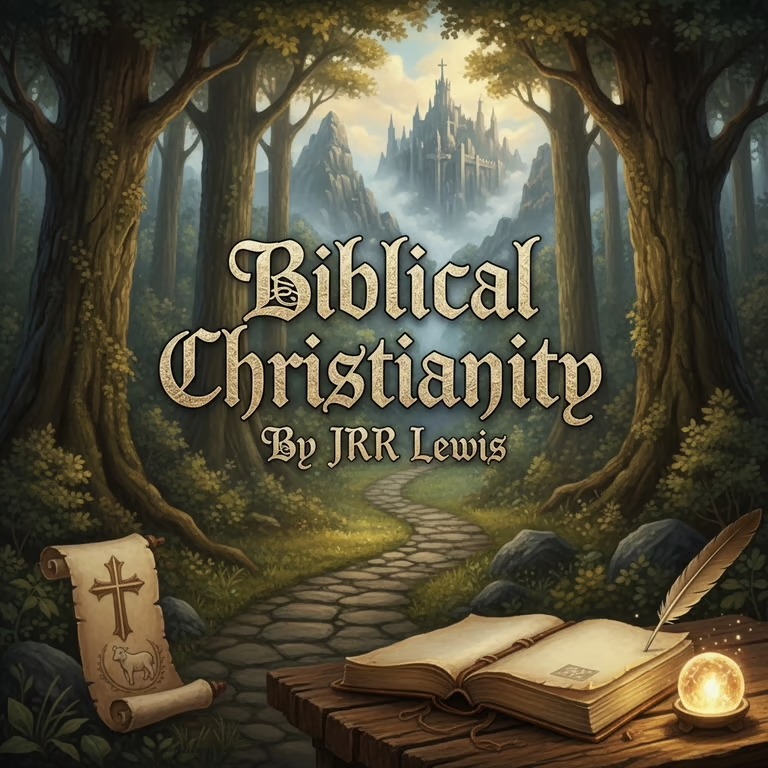

James Chapter 2
2 My brethren, have not the faith of our Lord Jesus Christ, the Lord of glory, with respect of persons.
2 For if there come unto your assembly a man with a gold ring, in goodly apparel, and there come in also a poor man in vile raiment;
3 And ye have respect to him that weareth the gay clothing, and say unto him, Sit thou here in a good place; and say to the poor, Stand thou there, or sit here under my footstool:
4 Are ye not then partial in yourselves, and are become judges of evil thoughts?
5 Hearken, my beloved brethren, Hath not God chosen the poor of this world rich in faith, and heirs of the kingdom which he hath promised to them that love him?
6 But ye have despised the poor. Do not rich men oppress you, and draw you before the judgment seats?
7 Do not they blaspheme that worthy name by the which ye are called?
It’s easy to be drawn to those who are wealthy, influential, or outwardly attractive. The world teaches us to admire and pursue status, but this often causes us to overlook the very people who need our love and attention the most. Showing favoritism to the rich while neglecting the poor stands in direct opposition to the life and teachings of Jesus. He came not to be served, but to serve—and He often ministered to the lowly, the outcast, and the overlooked (Matthew 20:28; Luke 4:18).
James reminds us that God frequently chooses the poor in this world to be rich in faith and heirs of the kingdom (James 2:5). In Christ’s church, there is no room for partiality. We are called to love our neighbors as ourselves (James 2:8), regardless of their social status, ethnicity, or background. God shows no favoritism (Romans 2:11), and neither should we. The standard is clear: treat others with the same grace and dignity we desire for ourselves.
8 If ye fulfil the royal law according to the scripture, Thou shalt love thy neighbour as thyself, ye do well:
9 But if ye have respect to persons, ye commit sin, and are convinced of the law as transgressors.
10 For whosoever shall keep the whole law, and yet offend in one point, he is guilty of all.
11 For he that said, Do not commit adultery, said also, Do not kill. Now if thou commit no adultery, yet if thou kill, thou art become a transgressor of the law.
12 So speak ye, and so do, as they that shall be judged by the law of liberty.
13 For he shall have judgment without mercy, that hath shewed no mercy; and mercy rejoiceth against judgment.
James is often misunderstood when it comes to his emphasis on works. Some see a contradiction between his teaching and that of Paul, who clearly states that we are justified by faith apart from works of the law (Galatians 2:16; Ephesians 2:8-9). But a closer look reveals that James and Paul are addressing entirely different concerns.
Paul is writing to combat the false teaching that obedience to the Mosaic Law—circumcision, dietary rules, and other Jewish customs—was necessary for salvation. He firmly teaches that we are saved by grace through faith, not by human effort. Salvation is a gift from God, not something we can earn.
James, however, is addressing a different problem: believers who claim to have faith but show no evidence of it in their lives. His focus is not on ceremonial law but on the practical obedience that flows from genuine faith—such as caring for the needy, showing mercy, and living righteously. James is warning against a dead, inactive faith that offers only words without action (James 2:17).
In short, Paul speaks of the root of salvation—how we are made right with God by faith. James speaks of the fruit of salvation—the visible evidence that true faith is alive. There is no contradiction: real faith always produces real obedience. As Jesus said, “By their fruits you will know them” (Matthew 7:20).
14 What doth it profit, my brethren, though a man say he hath faith, and have not works? can faith save him?
15 If a brother or sister be naked, and destitute of daily food,
16 And one of you say unto them, Depart in peace, be ye warmed and filled; notwithstanding ye give them not those things which are needful to the body; what doth it profit?
17 Even so faith, if it hath not works, is dead, being alone.
18 Yea, a man may say, Thou hast faith, and I have works: shew me thy faith without thy works, and I will shew thee my faith by my works.
Don’t you see? Faith without action is empty—like a lamp with no light or a body with no breath. It may have the shape of something real, but without works, it has no life or purpose (James 2:17, 26).
19 Thou believest that there is one God; thou doest well: the devils also believe, and tremble.
20 But wilt thou know, O vain man, that faith without works is dead?
21 Was not Abraham our father justified by works, when he had offered Isaac his son upon the altar?
22 Seest thou how faith wrought with his works, and by works was faith made perfect?
23 And the scripture was fulfilled which saith, Abraham believed God, and it was imputed unto him for righteousness: and he was called the Friend of God.
24 Ye see then how that by works a man is justified, and not by faith only.
25 Likewise also was not Rahab the harlot justified by works, when she had received the messengers, and had sent them out another way?
26 For as the body without the spirit is dead, so faith without works is dead also.

